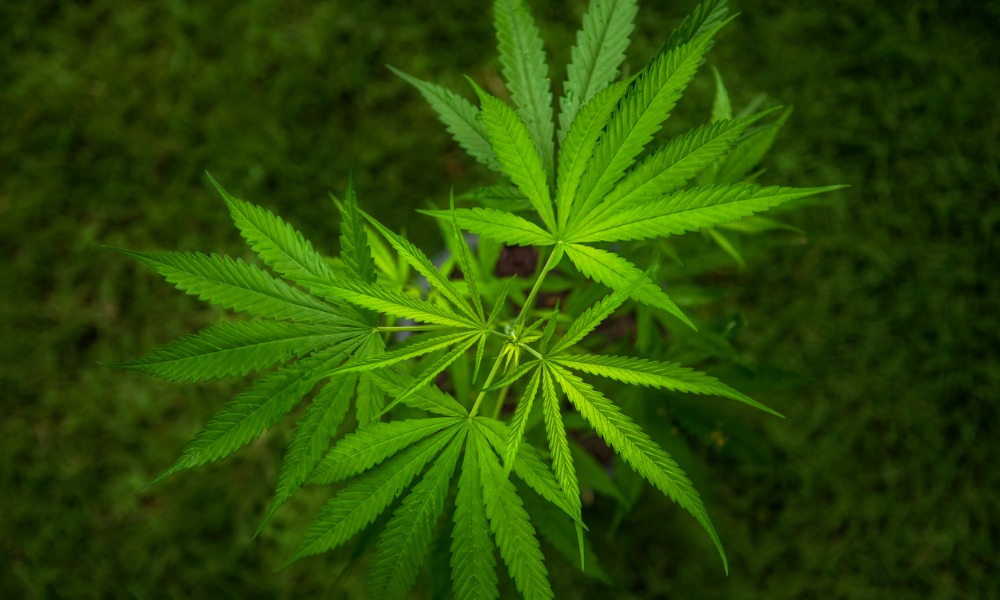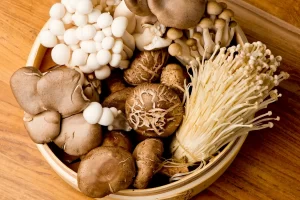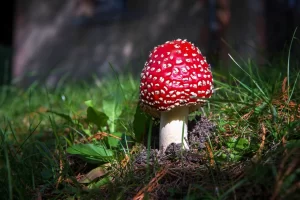
Anyone who’s ever dealt with a migraine knows it’s no ordinary headache. The pounding pressure, light sensitivity, and waves of nausea can bring even the most energetic person to a complete stop. Denver has various alternative wellness methods, and many are exploring marijuana edibles as a possible way to ease migraine symptoms. But let’s see how these edibles actually work.
Slow and Steady Relief from Within
One of the most talked-about benefits of marijuana edibles in Denver, CO, is their long-lasting effects. Unlike smoking or vaping, edibles are digested through the stomach, allowing them to enter the bloodstream gradually. This slow release can help provide steady relief over several hours, which is helpful when dealing with a lingering migraine.
People often describe this kind of effect as more body-centered and calming. Instead of quick spikes, the experience tends to be smoother and more balanced. For those managing migraines that stretch across an entire day, this kind of extended impact can feel like a lifeline. It’s a relief that sticks around longer than a typical dose of over-the-counter medicine.
Options That Fit Different Needs and Preferences
Edibles come in many shapes, flavors, and dosages, giving people in Denver the flexibility to find something that suits them. Gummies, chocolates, drinks, and capsules are just a few of the ways marijuana can be consumed without inhaling smoke. This makes edibles especially appealing to people looking for a discreet or gentler experience.
Dosing also plays a big role in how effective an edible can be for migraine relief. Lower-dose products may offer subtle ease without strong psychoactive effects, while higher doses might provide deeper calm. The wide range of available choices makes it easier to find just the right fit. It’s all about discovering what brings the most comfort.
Cannabinoids and Their Role in Pain Perception

Cannabinoids are natural compounds found in marijuana that interact with the body’s endocannabinoid system. This system helps manage pain, inflammation, and other functions that play a part in migraines. THC and CBD, two of the most well-known cannabinoids, are often used together in edibles to help balance effects.
While THC is known for its more noticeable mental impact, CBD tends to offer calming, anti-inflammatory benefits without the high. When combined, these compounds may help reduce head pain, muscle tension, and the stress that often comes with migraines. Many residents in Denver, turn to edibles because of this balanced blend.
A Relaxing Experience That Goes Beyond the Headache
Migraines don’t just affect the head—they can bring anxiety, irritability, and sleep troubles too. One thing that sets marijuana edibles apart is their ability to encourage full-body relaxation. The effects may help reduce tension in the neck and shoulders while easing restlessness and promoting a sense of calm.
Some edible products in Denver are crafted with added ingredients like melatonin or herbal extracts for enhanced relaxation. This makes them a good fit for evening use, especially if migraines interfere with sleep.
How Effective Are Edibles for Managing Migraine Discomfort in Everyday Life?
Effectiveness can vary from person to person, but many individuals find edibles helpful for easing migraine discomfort. The slow-release nature of edibles allows the effects to last longer than other forms, which is useful when headaches linger. For some, it’s the combination of pain relief, relaxation, and reduced tension that makes the difference.
Choosing the right dosage and cannabinoid blend—like a mix of THC and CBD—can influence how well edibles work. In Denver, where quality cannabis products are widely available, it’s easier to explore what works best. Consistency in product quality also plays a role in overall results.
People who take marijuana edibles in Denver, CO, often find comfort, calm, and consistency. With long-lasting effects, soothing properties, and flexible formats, edibles offer a thoughtful approach to managing pain. As with any treatment, it’s important to start slow, understand the dosing, and consult with a healthcare professional—especially if you’re new to cannabis or taking other medications.






